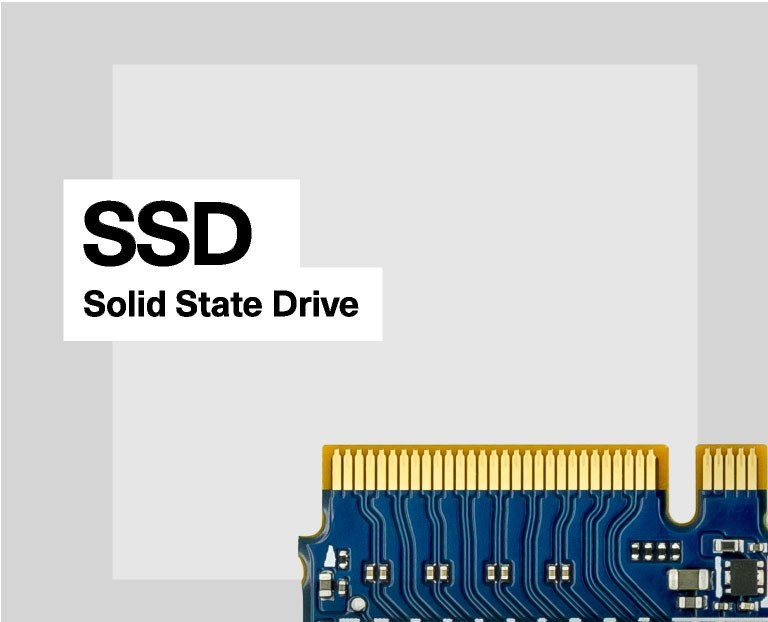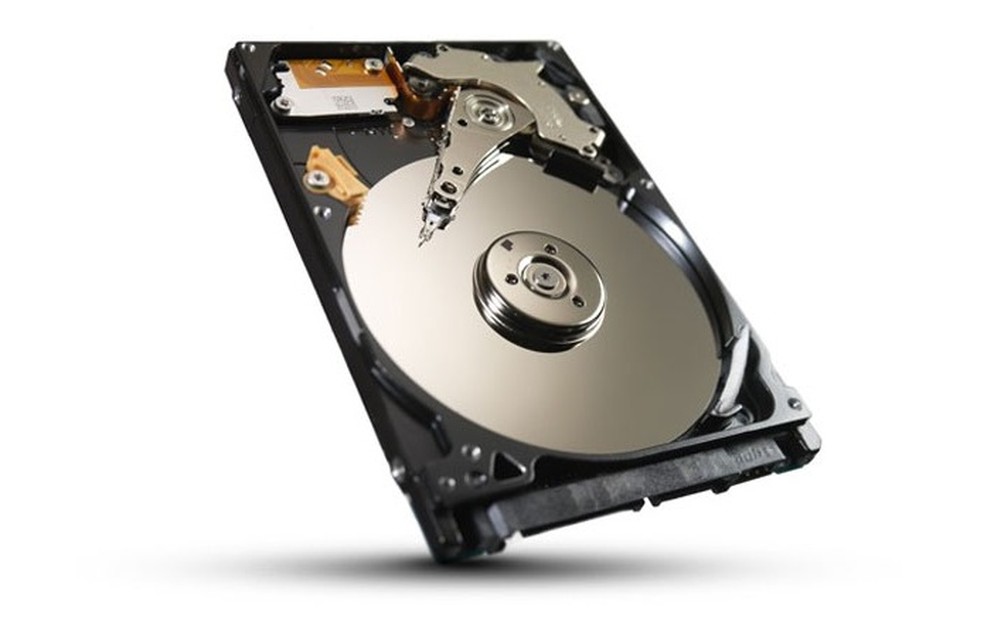Deciding between an SSD or HD is not always an easy task. Brands such as Dell, Kingston, and Corsair offer products of the type aimed at different types of use, and it is important to know what to look for in new storage when buying, considering their positive and negative points. While SSDs are faster to run programs and start the system, for example, traditional HDs draw attention to their capacity.
In contrast, the latest technology still has a smaller offer, just as hard drives can have a greater drop in performance in the long term. Check out the pros and cons of the different types of storage and find out which one is better for your PC.
Advantages of SSD

1. Faster
SSDs can be an interesting option for users who need more agility and performance in multitasking. This type of storage saves files on Flash memory chips, which speeds up access to the data saved there. Depending on the model chosen, transfer rates can reach up to 500 MB/s, which can be up to 10 times faster than a high-performance HD.
2. Promises to last longer
SSDs, also known as solid-state drives, do not have physical disks. They work using electronic components, which leads to a component that is more resistant to damage and failure in the long term. The lack of moving parts requires less hardware, which uses even less energy to operate – and is quieter.
Another advantage is size, since the absence of mechanical parts makes SSDs more compact, being interesting especially for notebooks and ultra-thin. Moreover, this type of storage should heat up less, also because of less physical consumption when working.
Disadvantages of SSD
1. Price still high
SSDs are available for purchase at various hardware options and prices. A conventional 1 TB SATA SSD, for example, can be found starting at $140, while a slightly more advanced interface, with NVMe standard, can cost around $20.
A Western Digital SATA HD with the same storage space, for example, comes out for about $55. So, when it comes to mounting a PC or upgrading your current machine, this difference can be crucial when choosing new storage.
2. Lower Space Offers
The prices of an SSD vary greatly according to the amount of internal space, so it is important to be aware of the amount of storage desired on the PC to avoid spending more than necessary. It is quite common to find versions of 128 or 256 GB, enough amount basically to install the computer operating system and a few more files.
Therefore, if the idea is to increase the number of GB available to store files, it may be more interesting to look for a traditional HD or even external SSDs, which may last less and are easy to use.
Advantages of HD

1. Quite accessible
One of the main positive points of HD is the price. It is possible to find models with a large storage capacity for very affordable prices. A 10 TB HD by Seagate, for instance, is sold online retail for at least $365, while versions with 2 TB, enough for domestic use for a long time, appear at around $97 on e-commerce.
2. High capacity
The HDs offer several options with good storage capacity at competitive prices. The component is suitable for users who need to save many heavy files such as photos, movies, and videos.
Another important point is the lower consumption compared to SSDs, which, although more resistant, have a useful life measured in the total volume of data saved over time. In other words, the greater the file movement on an SSD, the greater the wear and tear, while for HDs this time is elapsed.
Disadvantages of HD
1. Oldest Technology
Even with changes in SATA, SATA II, and SATA III transfer interfaces, the HDs still use relatively old technology. A hard disk drive can have read and write speeds of around 150 MB/s to 200 MB/s, while an SSD can operate around 500 MB/s. The hard drives are also bigger and heavier, being found in two formats: 2.5 inches, ideal for notebooks, and 3.5 inches, ideal for desktops. Also, they are noisier and consume more power than SSDs.
2. Lower resistance
Both internal and external HDs present a fragile structure. Because it is a component with mechanical parts, to be submitted to impacts or falls, it is possible that the HD suffers damages or presents failures.
In the case of notebooks, this can be even worse, since users often carry the computer. In some cases even moving the laptop suddenly can lead to HD problems. Also, magnetic interference can also result in internal problems and data loss.
This post may contain affiliate links, which means that I may receive a commission if you make a purchase using these links. As an Amazon Associate, I earn from qualifying purchases.

